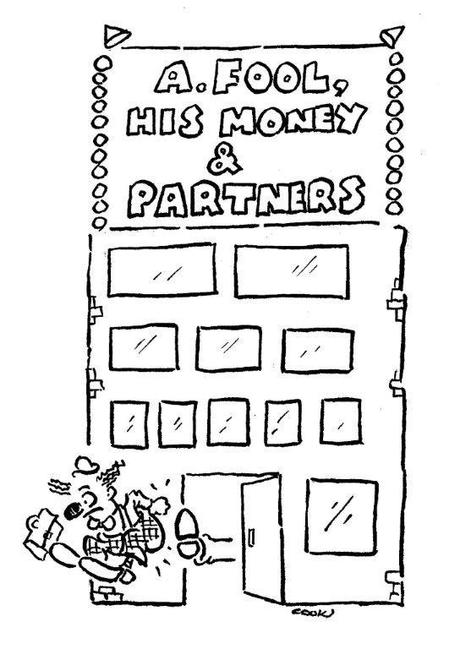
Sometimes there’s a reason the road less traveled is not congested.

“Sticking to your knitting” might be a successful strategy for one firm but not for a competitor. You could say it works for Walmart, but it didn’t for Sony. It stuck to the Walkman way past the arrival of the MP3 player. A better cliché might have been “when the horse is dead, get off”.
Sometimes your knitting isn’t what you think it is. Avon started out selling books door-to-door. Their strength however was direct sales, not books. Their success came when they started knitting cosmetics.
Nor should knitting be static. General Electric started making turbines but its leasing activities eventually saw it morph into a financial behemoth. Times change. In recent years it has shifted focus back to its industrial roots.
The trouble with clichés

A medical software startup I invested in built a “best in class” Rolls Royce product. It was indeed excellent but it was overtaken by a nimble Volkswagen, which offered about 80% of our functionality but was easier to use and simpler to install.

At the same time, first mover advantage is a risky way to justify any strategy. It’s backed up by lines like “the scenery only changes for the lead dog.” What if the lead dog goes over a cliff? The scenery would clearly shift for the second dog. Maybe he’d have time to change direction.
The best side might be the other side.
Do you really “learn more from failure than from success”? I’d say they are a chance of being equal. I once listed five failures and five successes on a napkin and drew a line down the middle, looking for what worked and what didn’t. There were plenty of learnings on both sides.

Rather than accept clichés at face value, check whether the opposite of their intended meaning might be more relevant. I know people who started a business because “equity owners make more money than employees”, or they “wanted to spend more time with their families.” They didn’t. They usually spent even more time on business and often made less money.
Success may or may not bring contentment. Money can’t buy you happiness, although it does seem to keep you in touch with your children.
Before you explain it all with a cliché, check it out both ways before you use it. It might save you embarrassment, financially or even socially. A closed mouth gathers no foot.

